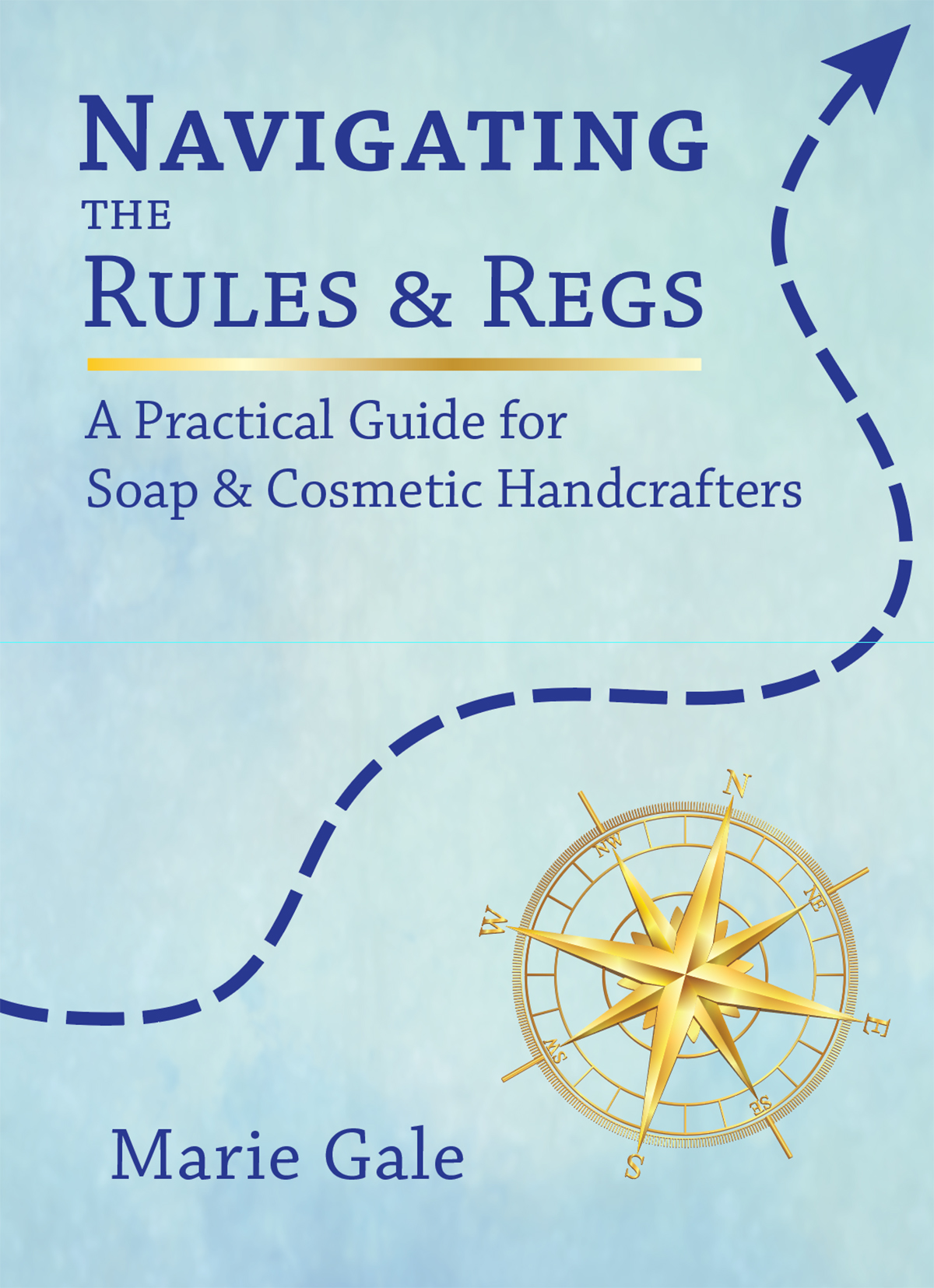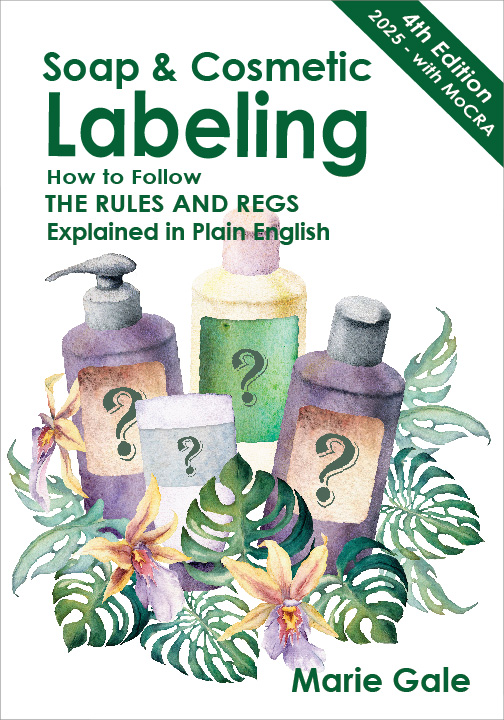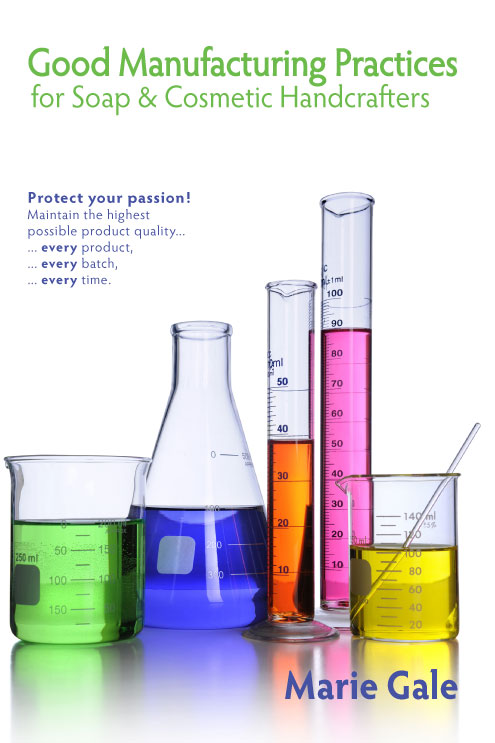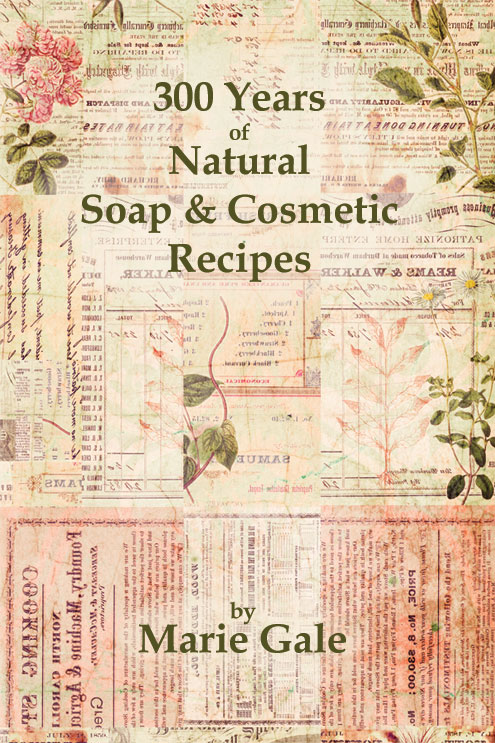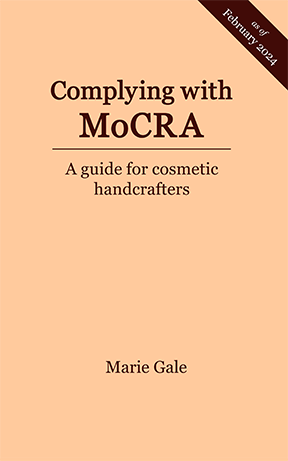
Hi, I’m Marie Gale.
For over 15 years I’ve been researching and following the world of laws, regulations, standards and guidelines for the handcrafted soap and cosmetic industry. What started as a personal quest to understand soap and cosmetic labeling for my own products has grown into a deep understanding of the myriad of requirements that handcrafted soap and cosmetics makers are subject to.
My personal passion to assist others to understand and follow the labeling and other requirements grew out of all that research. If I had my way, no handcrafter would ever experience the stress and heartache of unwittingly running afoul of the the laws and regulations.
There is peace of mind in knowing that you are compliant with the applicable regulations. I’m here to help you achieve that stress-free relationship with your products and your business.
Whether you know it or not, you’ve been an invaluable resource for me throughout our years in business as I’ve relied on your many books whenever I have questions. I’ve recently purchased “Navigating the Rules & Regulations” and am going through it with tabs & a highlighter and am learning more than I ever expected. — Julia
Latest blog articles
-
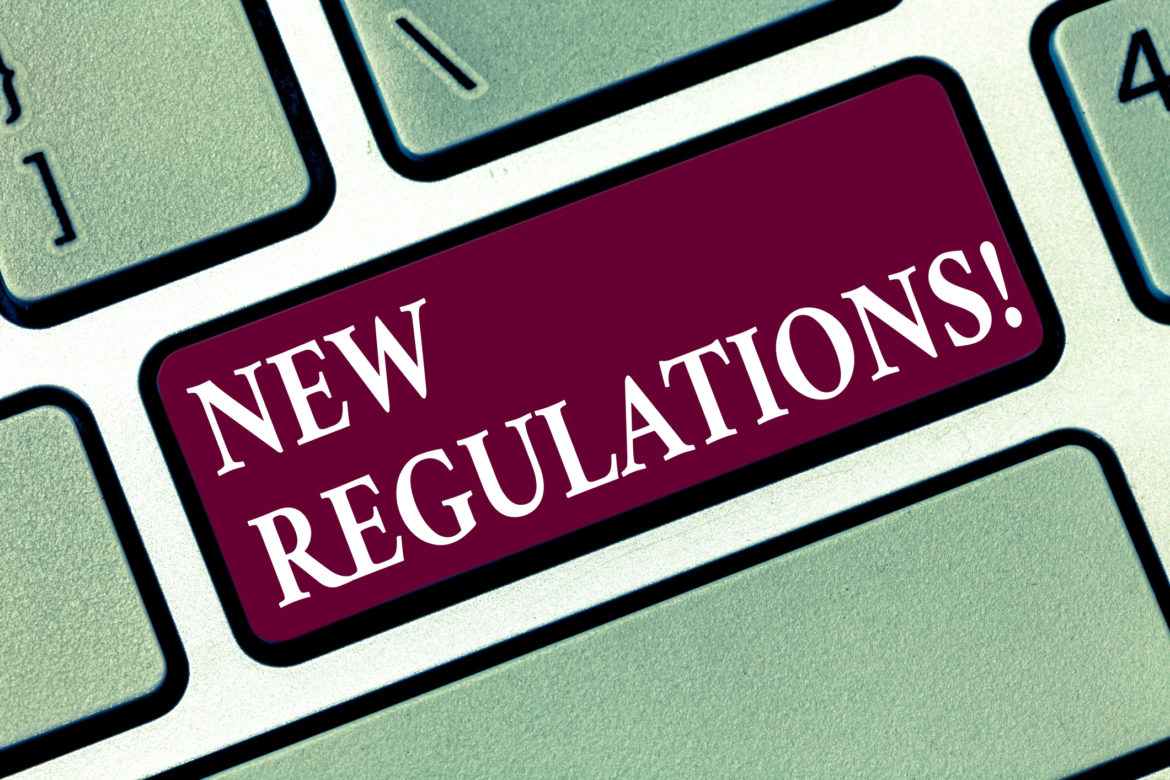
New Regulations on Endorsements and Testimonials
The FTC is initiating the rulemaking process to put some enforceable regulations in place for endorsements, testimonials and reviews.
-

Cosmetic Producers Will Have to Pay for Micro-Pollution (EU)
The pharmaceuticals and cosmetics sectors are jointly responsible for 92% of micro-pollutants in wastewater. Now they’ll have to pay for water treatment.
-
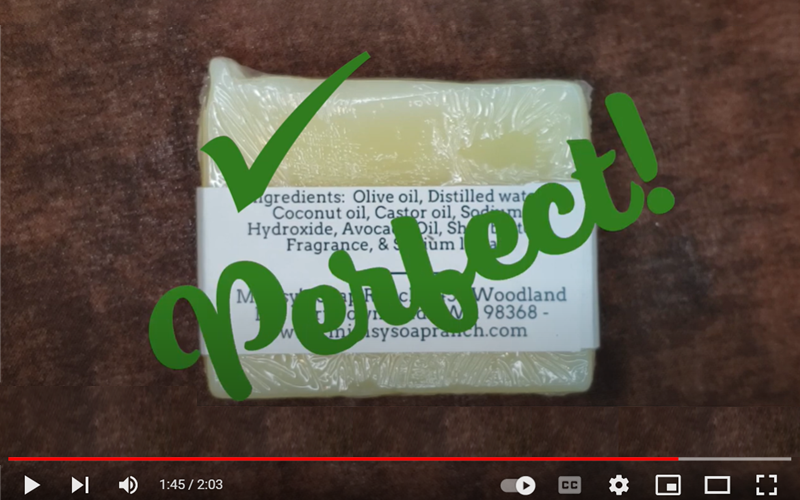
Label Review – A Perfect Soap Label
A quick label review of Avobath Soap from Mimsy Soap Ranch. The label is a great example of a simple and perfect soap label.
-

Etsy Sustainability Attributes
Etsy recently introduced and defined new sustainability attributes for listings. They follow the FTC regulations, which apply to ALL products.
-
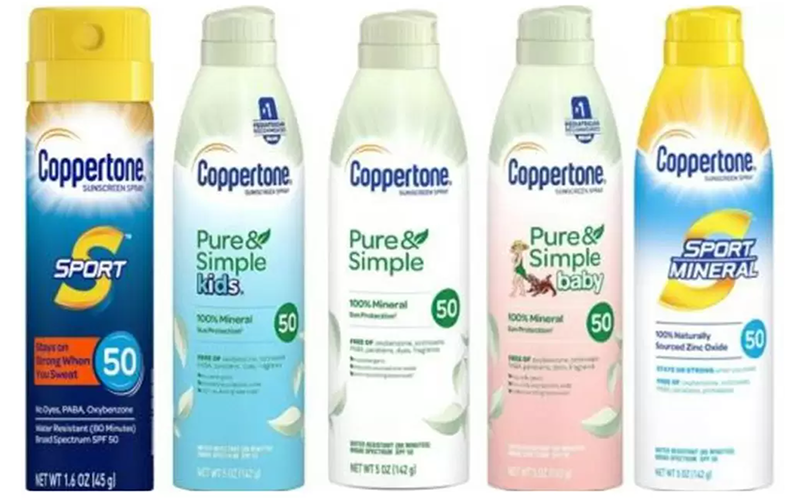
$2.3M Coppertone Mislabeling Suit Settled
Coppertone just settled a class action suit. It’s one of a repeating pattern of class action suits following FDA product recalls.
-

Florida Cosmetic Regulations
Florida cosmetic regulations required cosmetic manufacturers to get a permit and inspection. There is an exemption for small business.
-
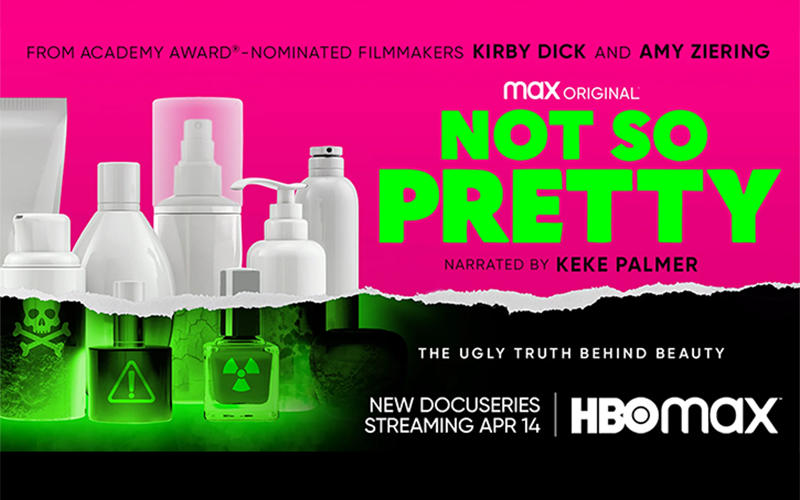
Professionals Respond to
“Not So Pretty”Three professionals respond to HBOMax docuseries “Not So Pretty” in an article by Allure Magazine.
-
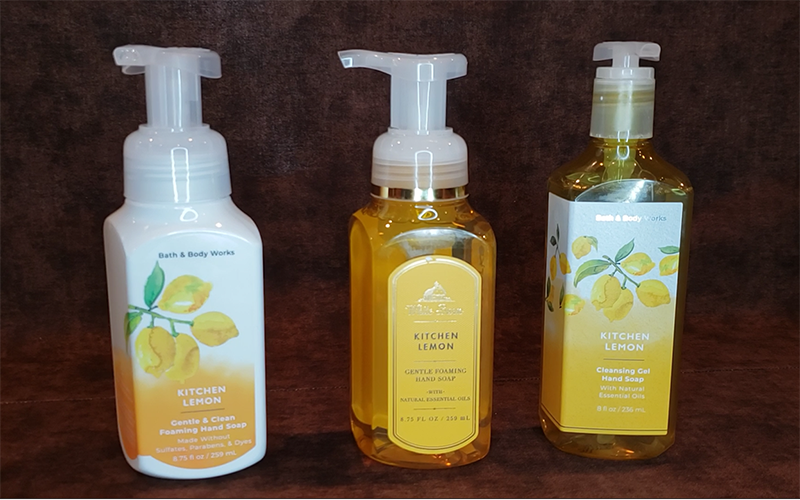
Label Review – BBW Foam Hand Soap
In this label review of 3 BBW Foam Soaps, we take a look at marketing claims, formulations and whether or not they are cosmetics.
-
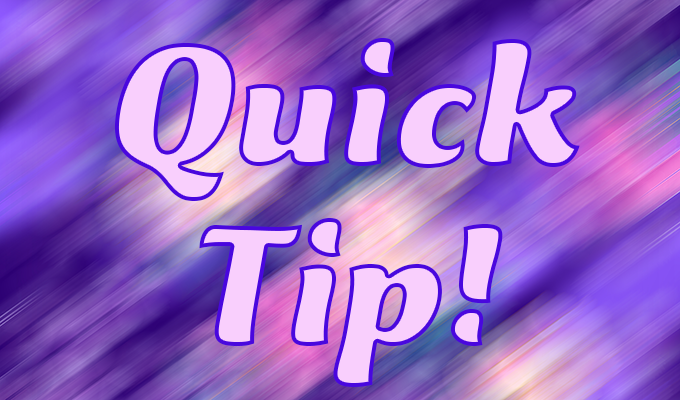
Net Contents Clear Space
Clear and unobscured space is required above, below and to the sides of the net contents.
-

Cosmetic Ingredients – The Final Frontier
The evolution of cosmetic ingredients has gone from simple plants to lab-created synthetics to rainforest botanicals and now the final frontier – ingredients from outer space.
-
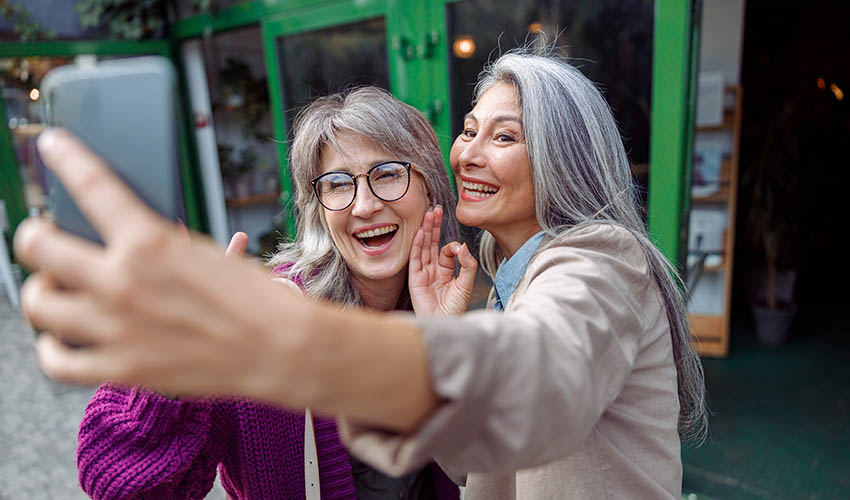
From “Anti” to “Authentic” Aging
Avon recently published “The Power of Ageing” takes a deep dive into how women feel about aging post-pandemic. The results are intriguing.
-

Many Ingredients in Small Amounts
If your product has many ingredients is very small amounts, it can be hard to calculate the exact descending order for the ingredient declaration. There is, however, a trick to make it easier!
MORE RESOURCES
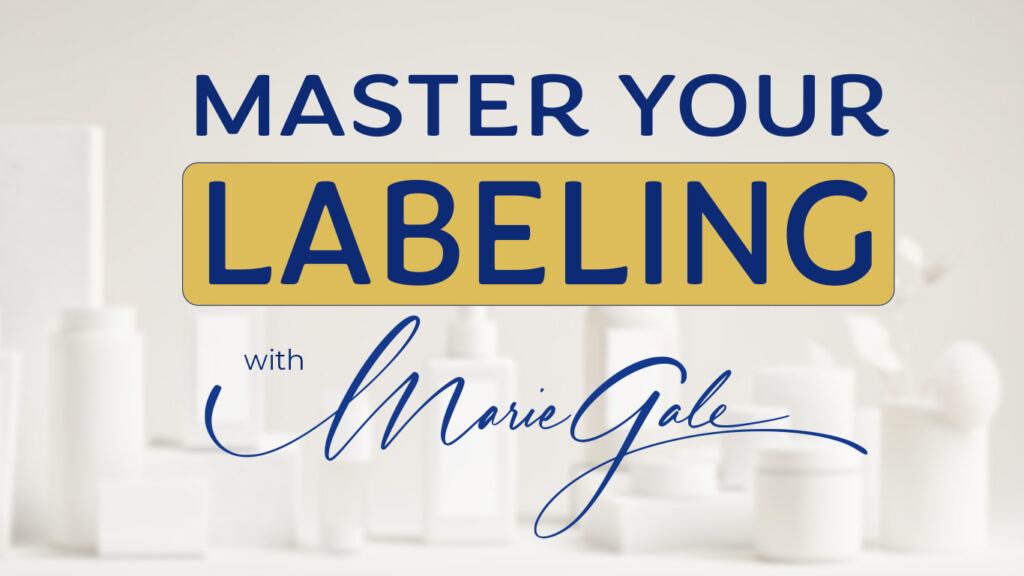
Membership
$37 per month
Affordable and easily accessible ongoing support through courses, coaching, regularly scheduled Zoom Q + A sessions, a private Facebook group, and more. You don’t just learn what the rules are—you learn how to apply them to your business and get help when and how you need it.
Label Review
$125 per label
If you want another set of (experienced) eyes on your label to make sure it meets all the requirements, a label review is a good choice. A label review checks your label against the pertinent regulations. You get a checklist showing if corrections are needed (or not), along with documentation to help you understand the requirements. Label reviews take about a week. Once your review is complete, you can send me the revised label and I’ll take a look to make sure everything is in order.
I wanted my labels to be as close to compliant as I could get them. I took advantage of your label review service and can’t thank you enough for your expert advice. It was money well spent! — N.M.
Consulting
$100 – $150 per hour
Consulting is the tailor-made solution to address whatever your concerns are with your labeling, GMP, MoCRA compliance, safety substantiation, and the like. Consulting can be as simple as just answering the questions you have by email, phone or online meeting, or it can cover reviewing all your labels, ingredient declarations, website copy, safety substantiation documentation, and good manufacturing practices. It’s your call – I’m here to help with what you need.
I speak on behalf of the entire team that we are all very appreciative of your work in helping us grow our brand. It is a big step for us, and you have been instrumental in making that a reality. Thank you for your help. — D.C..
Books
